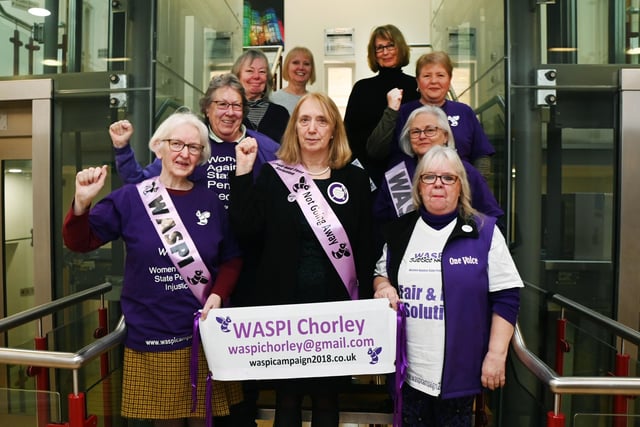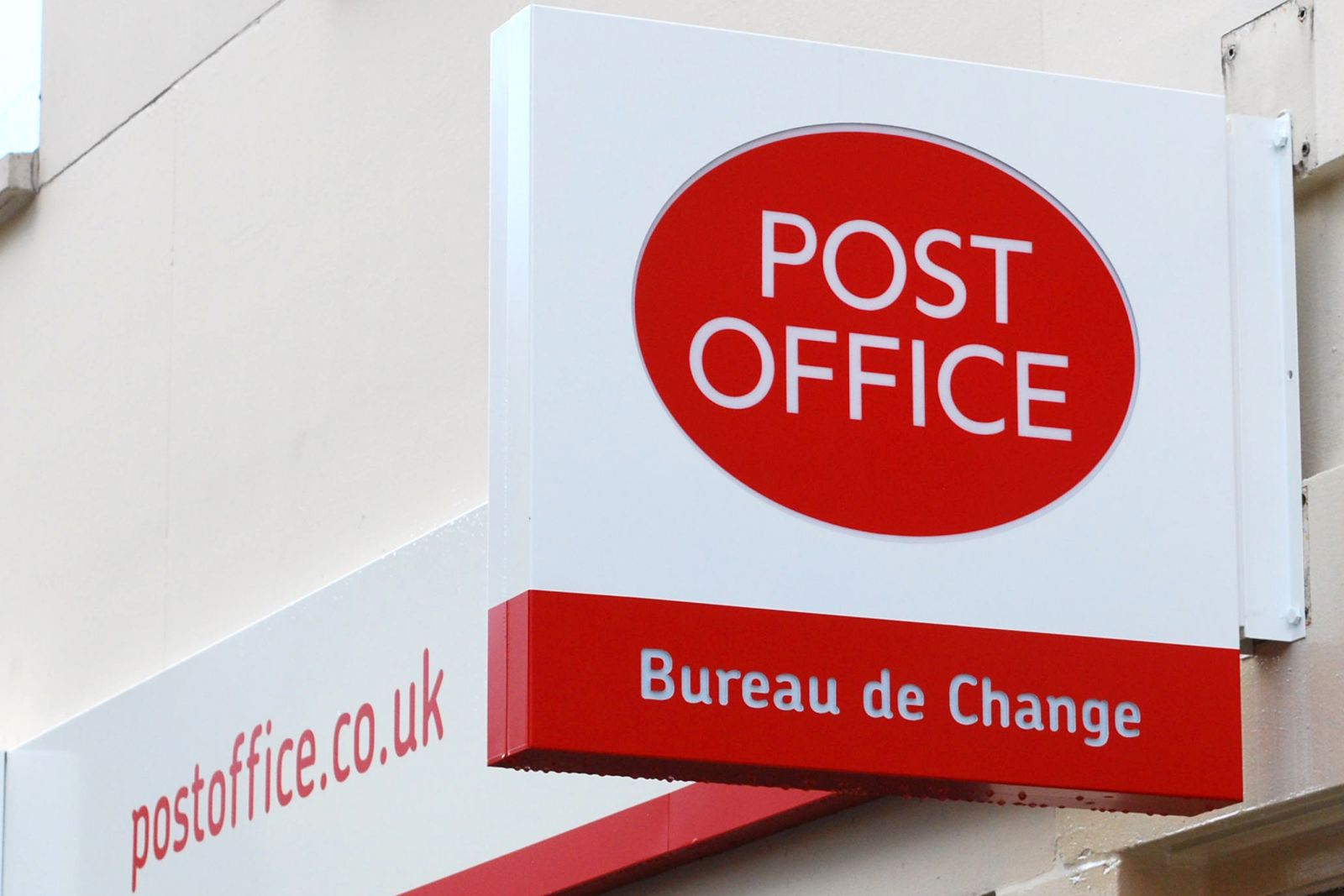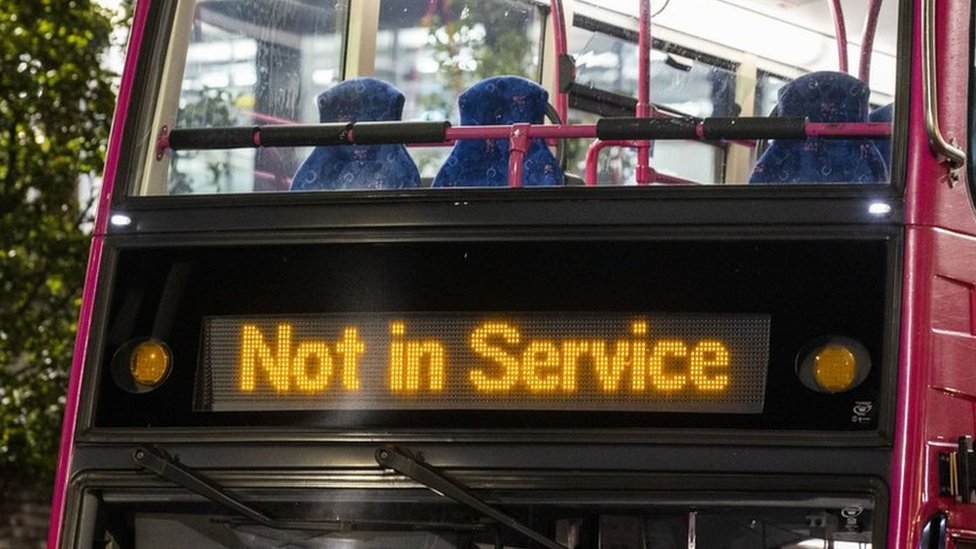The sun, a great ally to save bees.
The sun plays a significant role in the mission to save the bees.
Solar parks can become wildflower meadows and attractions for bees, which are on the way to extinction. Bees need sun. With solar energy as the protagonist, the change in the energy matrix could save pollinators simultaneously: global food production largely depends on them.
British researchers from Lancaster University and the University of Reading argued in a recent study that solar parks could incorporate wildflowers and natural habitats that benefit bees and slow their path to extinction. In this way, the move towards renewable energies can parallel an outlet for pollinating insects, like the sun, vital in food production globally.
The decarbonization of the energy system can be harnessed to save bees, floating flies, wasps, beetles, butterflies, and moths, which play a key role in food production: 75% of the world’s major food crops and 35% of global agricultural production depends on these insects.
The land-use modifications required for the large-scale development of solar parks could cause further degradation of the environment. However, if the change is made correctly, it offers much potential to improve the environmental balance and preserve the functioning of ecosystems. If we effectively transition to clean energy, we could use decarbonization of the energy system to address the ecological crisis. Given the situation we are in: can we afford not to?
Seeds could restore bee habitats.
In the same sense, another study carried out at the University of Münster indicates that to promote the greater development of pollinating insects, the choice and origin of the seeds must be taken into account, especially in the restoration of habitats destined for this purpose.
In other words, the geographical origin of the seeds used influences not only the diversity of insects but also the frequency with which pollinators visit the flowers. The research was published in the Journal of Applied Ecology.
According to a statement, issues such as the temporal frequency of flowering and other parameters determine that insects interact to a greater extent with certain varieties of flowers. These aspects must be taken into account to ensure the success of habitat restoration measures.
At HICH LTD, we are staunch defenders of the environment. We know that this planet belongs to all of us, and that is why we put our grain of sand in the front line to defend our beloved planet earth from the harm we cause it. Now, at Bees Needs Week, we have partnered with Save the Bees to help protect these little pollinator friends.
For this reason, HICH LTD will donate a portion of the proceeds from our property surveys to help save bees worldwide. By requesting our property surveys, you are contributing to the cause of saving bees and making the earth a better place.
For more information on Bees Needs Week, Save the Bees, and what you can do to help, you can visit https://www.bbka.org.uk/appeal/save-the-bees.
Helping bees and protecting the environment is everyone’s job!








